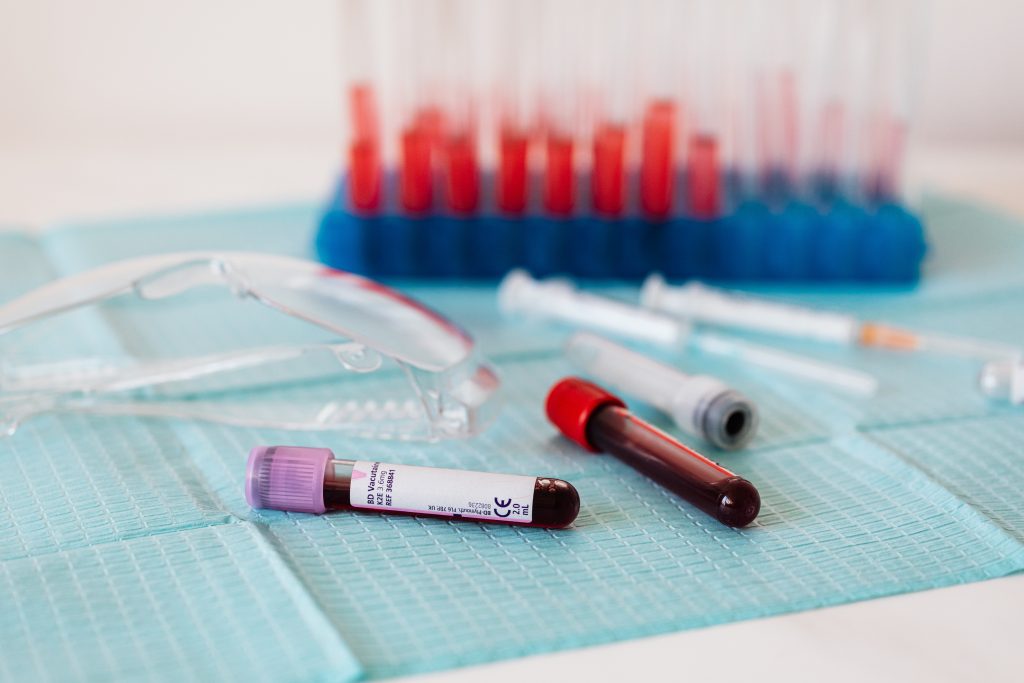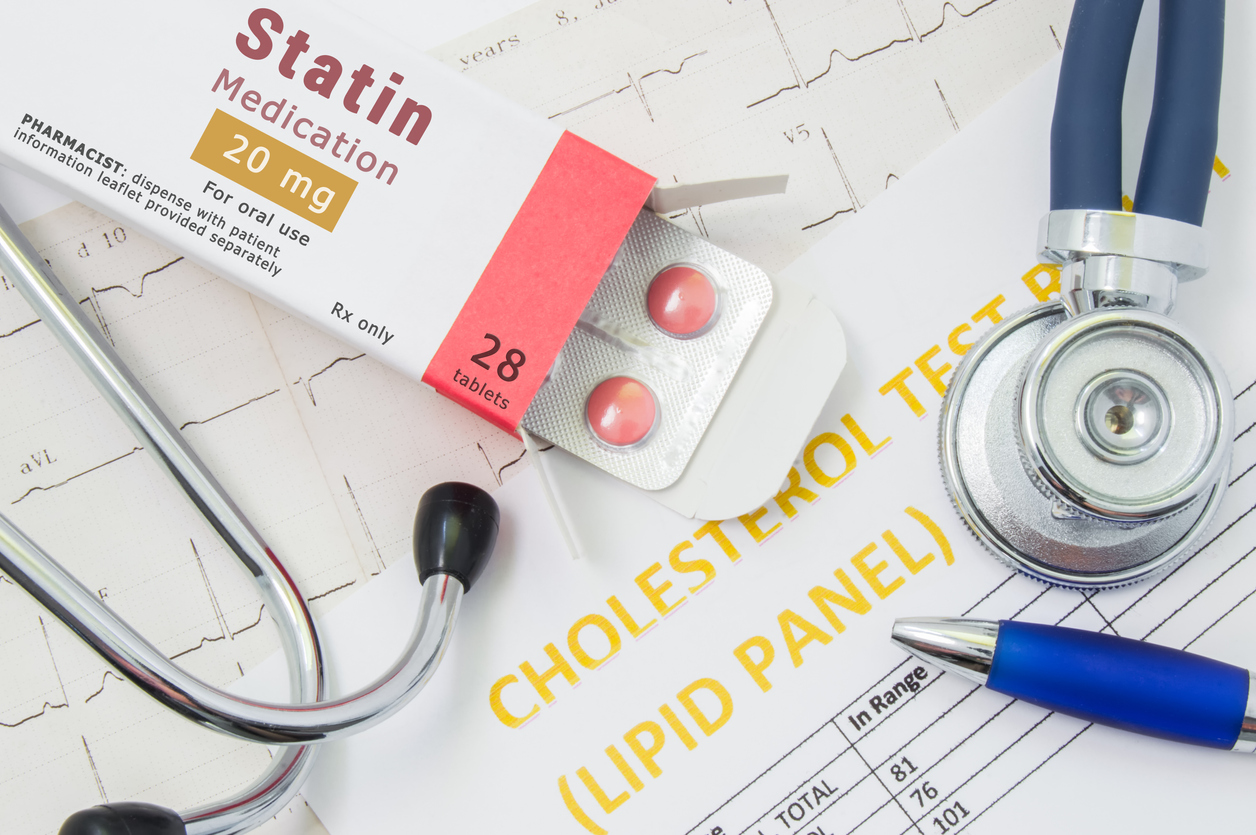Millions of men in the UK and US routinely take drugs called statins to lower their cholesterol levels and reduce the risk of a heart attack.
Now, new evidence suggests that the daily pills may also protect against prostate cancer.
The link between the commonly used heart drug and prostate tumours has been hinted at in previous research. But it’s been difficult to prove because there are so many factors that can affect whether or not a man gets prostate cancer.
The latest study, by scientists from Imperial College London, is one of the biggest investigations of its type – looking at more than 140,000 men taking part in the long-running UK Biobank project, a science initiative to collect genetic data from half-a-million people in Britain.
From the data, researchers identified those men with a genetic predisposition to raised levels of a protein called lipoprotein A (LPA).
This protein transports ‘bad’ cholesterol (or low-density lipoprotein) around the body and is a known risk factor for heart disease and strokes.
The team focused on this particular protein because lab studies show the genes responsible for producing LPA tend to be more active in prostate cancer tissue – suggesting the protein is somehow involved in tumour formation.
Their results, published recently in the journal PLOS Medicine, found a high genetic risk of raised LPA levels meant men were more likely to develop aggressive prostate cancer and at a younger age than normal, mostly before they reached 55. Around one in five men are believed to have high LPA levels.
Dr Kostas Tsilidis, one of the researchers involved in the Imperial study, said men with high LPA might need ‘more frequent blood tests to look for cancer'.

The findings suggest taking statins could cut men’s odds of getting prostate cancer, but the researchers said a better prospect might be to develop new drugs that specifically target the LPA protein – if more in-depth research confirms it plays a role in prostate tumour formation.
Indeed, while statins are very effective at lowering overall cholesterol readings, some studies suggest they have only a partial impact on LPA. Others indicate the drugs can even increase LPA levels.
That’s likely to mean that until scientists are able to clarify precisely what impact the cholesterol-lowering statins have on LPA, it’s unlikely doctors will recommend their use as an anti-cancer therapy.
Dr Tsilidis added:
‘If the protein is higher in men at greater risk of prostate cancer, and this is confirmed in further studies, that could lead to LPA lowering strategies. Current medications (like statins) do reduce LPA blood levels, but only partially.’




